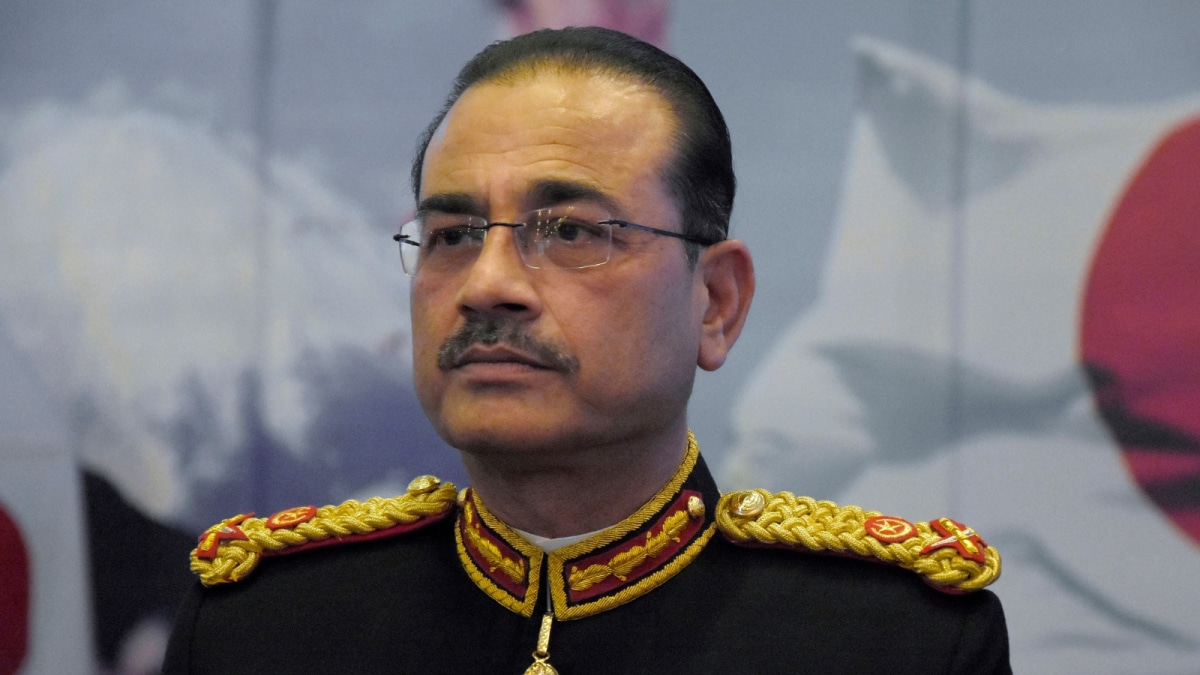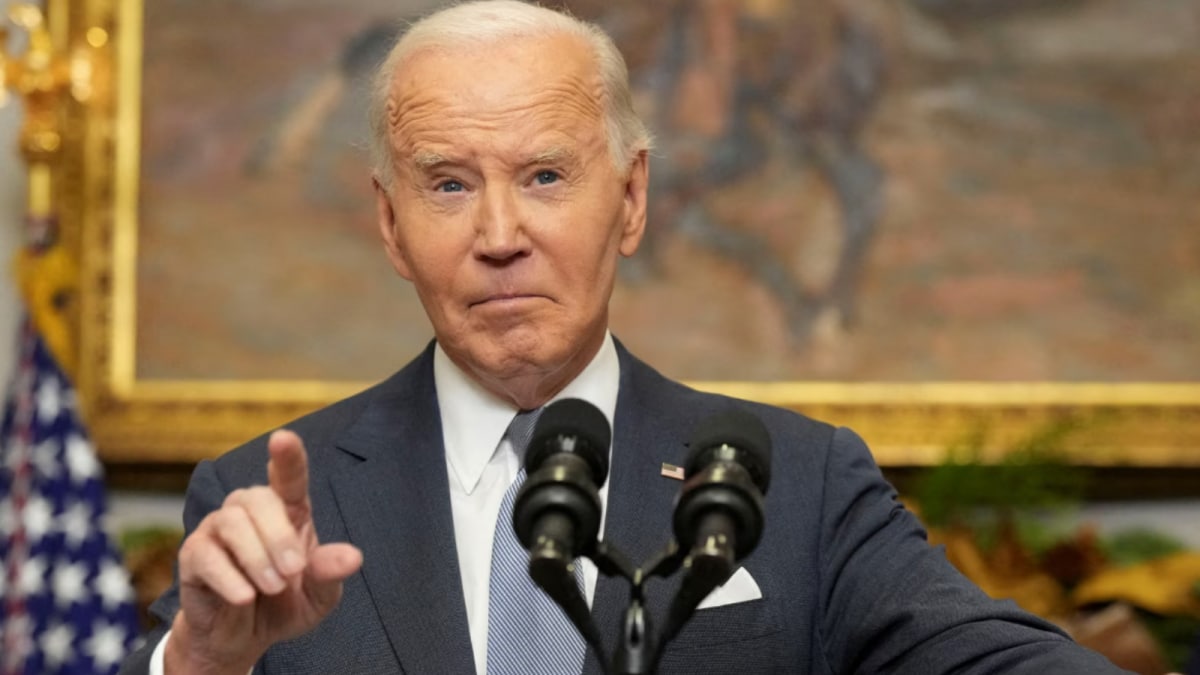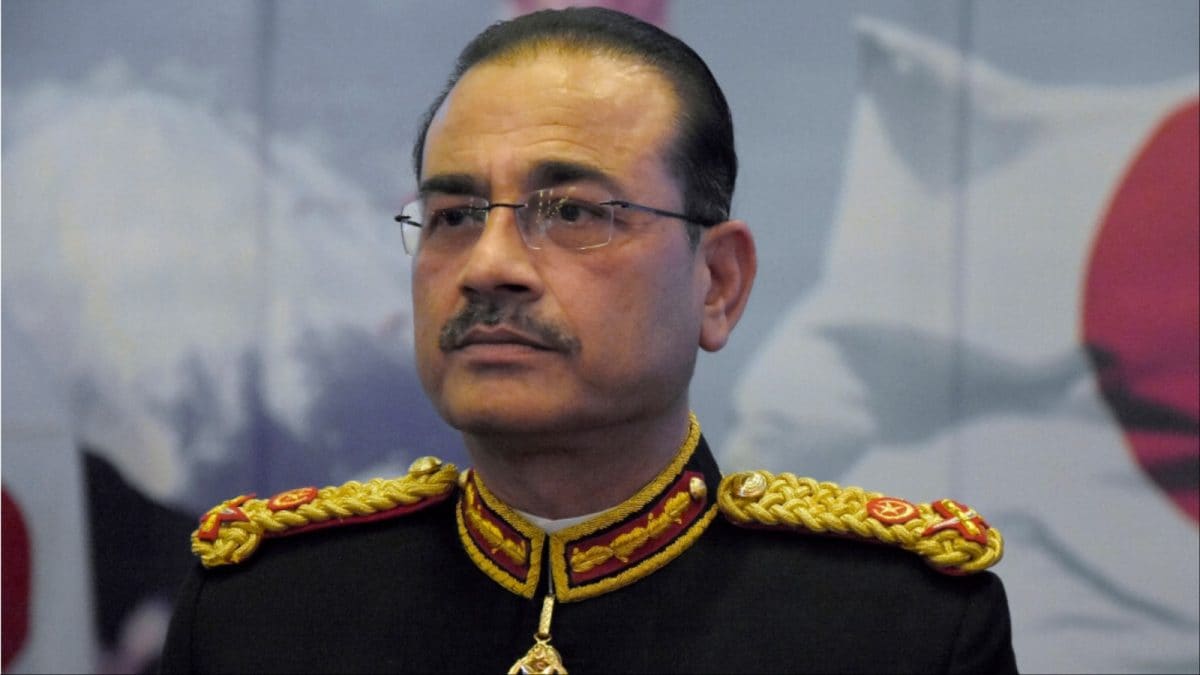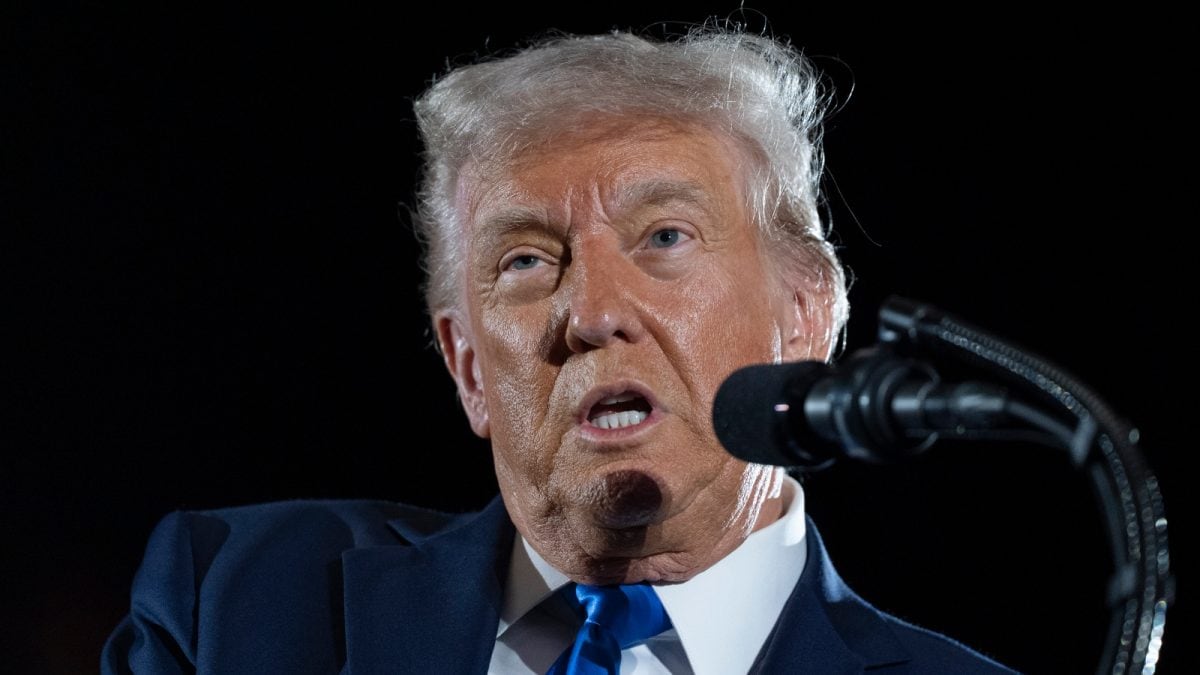Last Updated:May 21, 2025, 09:07 IST
Bangladesh’s World War II-era air base in Lalmonirhat lies close to the Siliguri Corridor that connects mainland India to its northeastern states.

Where this growing engagement between China and Bangladesh under Yunus’s leadership is heading remains to be seen. (Image: PTI)
A growing debate on international platforms is centering around a critical question: Will China establish a presence at Bangladesh’s World War II-era air base in Lalmonirhat, located near India’s strategically sensitive “Chicken’s Neck" region?
The air base lies close to the Siliguri Corridor — a narrow, 20-kilometre-wide strip in West Bengal – that connects mainland India to its northeastern states. Given the corridor’s immense strategic importance, any potential Chinese activity in this area is bound to raise alarms in Indian security circles.
Sources tell News18 that while China had shown interest in the Lalmonirhat airstrip as early as 2018, Prime Minister Sheikh Hasina’s government largely resisted Chinese overtures. In 2019, Hasina announced the establishment of the Bangabandhu Sheikh Mujibur Rahman Aviation and Aerospace University (BSMRAAU), Bangladesh’s first aviation university, with a permanent campus planned in Lalmonirhat. While a makeshift facility was created, teaching activities largely continued from Tejgaon, Dhaka. The COVID-19 pandemic and economic challenges further slowed the project’s progress.
According to sources from the Hasina administration, China informally proposed to finance the Lalmonirhat campus on a loan basis. However, Hasina reportedly rejected the offer, opting not to involve China in sensitive infrastructure.
The scenario appears to have shifted under the newly formed interim government led by Chief Advisor Muhammad Yunus. Shortly after taking office, Yunus visited China, where he initiated discussions on strengthening bilateral ties. Sources confirm that trade and strategic cooperation were on the agenda, including talks on special economic zones and agricultural trade such as mango imports.
Most notably, during his visit, Yunus made comments in Beijing suggesting that China could expand its influence in India’s landlocked northeastern region by utilising Bangladesh as a strategic gateway to the Indian Ocean. The remarks have drawn concern from Indian northeastern state leaders and strategic analysts, who see them as potentially altering the regional balance.
Sources further tell News18 that the Chinese have also shown renewed interest in the Teesta Barrage project — another strategically significant infrastructure point —under the current administration.
Where this growing engagement between China and Bangladesh under Yunus’s leadership is heading remains to be seen. But for now, the developments are being watched closely in both New Delhi and international strategic circles.
Location : First Published:News world China Reignites Bangladesh Ties Under Yunus: Beijing Eyeing Air Base Near India's Northeast Gateway?

 5 hours ago
5 hours ago

















